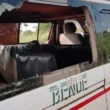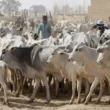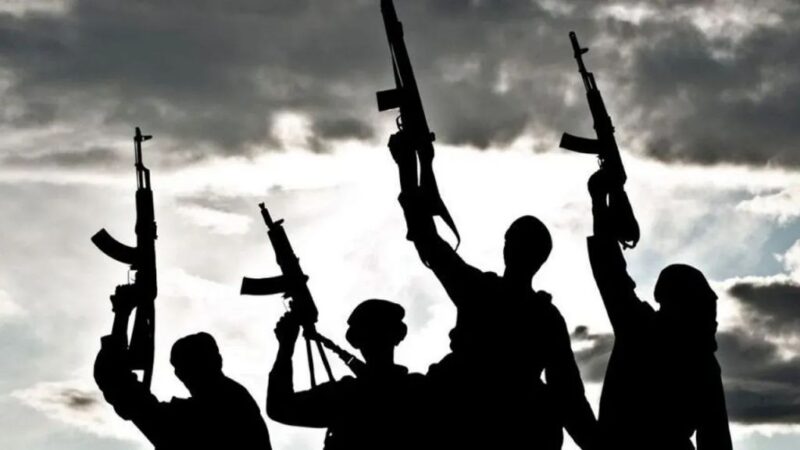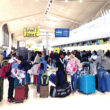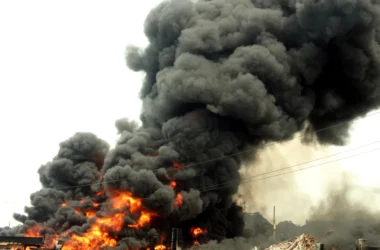Two people have been confirmed dead following a violent ambush in Bassa Local Government Area of Plateau State on Wednesday morning, sparking renewed concerns over growing insecurity in the region.
According to local sources, the incident happened when three Irigwe youths were reportedly attacked by suspected Fulani militias while on their way to their farms. Joseph Yonkpa, the National Publicity Secretary of the Irigwe Youths Movement, shared details of the tragic event, naming the deceased as 38-year-old Adamu Bala and 45-year-old Gado Trra.
“One of the three victims survived with bullet wounds and is currently being treated in a hospital,” Yonkpa noted. He also revealed that a soldier who responded to the incident sustained injuries during the encounter.
Yonkpa further noted that the attack did not only claim lives but also caused significant destruction to the local economy. “Over 20 farms were destroyed,” he said, painting a grim picture of the aftermath. The motive behind the ambush remains unclear, but the area has experienced recurring clashes in recent months between farming communities and herders.
Attempts to get a response from the Plateau State Police Command were unsuccessful as the spokesman, Alabo Alfred, could not be reached by phone.
Meanwhile, another violent episode was reported in the Mangu Local Government Area, where over 300 cattle were rustled on Tuesday evening in the Jouckchal community. The cattle, owned by three individuals—Jeji Boro, Shagari Manu, and Tambaya Jouckchal—were taken by armed men who stormed the grazing area, forcing herders to flee under gunfire.
Musa Muhammad, the Secretary of the Miyetti Allah Cattle Breeders Association of Nigeria in Mangu, told reporters in Jos that only five out of the 300 rustled cows have been recovered. Muhammad claimed that Mwaghavul youths were responsible for the attack and called on security agencies to act swiftly.
However, the National President of the Mwaghavul Development Association, Bulus Dabit, denied the accusation. He urged for a proper investigation rather than spreading allegations that could spark ethnic tension.
“Cattle rustling is not a tribal activity, but rather a criminal act that requires investigation and prosecution,” Dabit said. He added that such statements on social media risk stereotyping the Mwaghavul people and escalating tensions.
He also questioned the practicality of hiding 300 cows in such a small community, saying, “Where can we keep 300 cows?”


